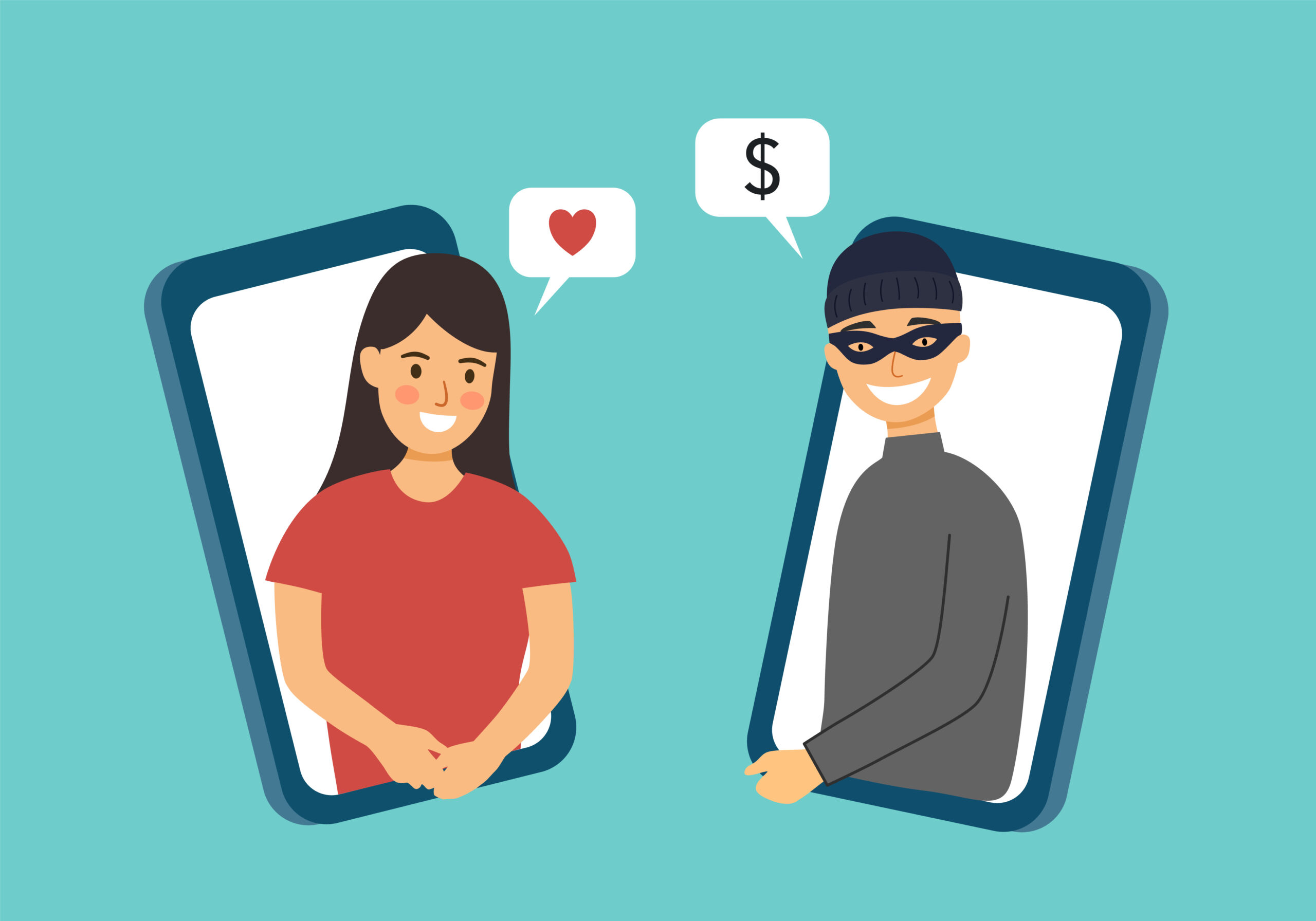
🛑 5 Scams to Watch Out for When Selling on Facebook Marketplace & Online Classifieds
Selling your stuff online can be a great way to declutter, make extra cash, or even test the waters for a small business idea. But along with honest buyers, there are also scammers who make it their full-time job to trick people.
If you’ve ever listed an item on Facebook Marketplace, Craigslist, OfferUp, or any other classified site, you’ve probably run into at least one of these scams.
Here are 5 common scams you should know – and how to protect yourself.
1. The Google Voice Verification Scam
You post an item for sale, and someone messages you saying they want to “verify you’re real.” They’ll ask for your phone number and then send you a Google verification code, asking you to “send it back.”
🚨 Red flag!
This is a Google Voice scam – they’re trying to use your phone number to create a Google Voice account in your name, which they can then use to scam others.
✅ What to do:
Never share verification codes or click any links a buyer sends you. Real buyers don’t need to “verify” you to buy your couch.
2. The “Overpayment” Check Scam
A buyer offers to pay by check – often even more than your asking price. They’ll say something like, “I accidentally sent too much – can you deposit it and send me back the difference?”
🚨 Red flag!
The check looks real at first, but a few days after you deposit it, your bank will notify you it’s fake – leaving you out the money you “sent back.”
✅ What to do:
Never accept checks from strangers. Stick to cash, Venmo, Zelle, or PayPal Goods & Services – and only after you’ve verified the payment.
3. The Shipping Scam
Someone far away messages you saying they’ll pay extra if you ship the item to them. They might send you a fake email “confirmation” from PayPal or another payment app claiming payment was made – but it’s all spoofed.
🚨 Red flag!
If the email doesn’t come from the actual domain (for example, a fake address like “service@paypal-support.net”), it’s a scam.
✅ What to do:
Never ship anything until you’ve received verified payment directly in your account. Always check the actual sender address of any “confirmation” emails.
4. The “I’ll Have a Mover Pick It Up” Trick
This one sounds professional: a buyer says they’re too busy or out of town, but they’ll “send a mover” or “delivery service” to pick up your item. Then they’ll claim they accidentally overpaid and ask you to refund part of it – often through Zelle, CashApp, or gift cards.
🚨 Red flag!
No legitimate mover or courier works this way. It’s just another overpayment scam with a fancier story.
✅ What to do:
Always insist on local, in-person transactions. If someone refuses to meet, it’s a no-go.
5. The Fake Buyer or Seller Profile
Scammers often use stolen photos, fake names, or brand-new Facebook profiles to build trust. They might try to move the conversation off-platform (“Let’s text instead!”) – a sign they don’t want Facebook to track the messages.
🚨 Red flag!
If a profile looks brand new, has no friends, or uses stock photos – it’s likely fake.
✅ What to do:
Check their profile age and post history. Always keep messages inside the app for safety and documentation.
🧠 Bonus Tip: Trust Your Gut
If something feels “off,” it probably is. Scammers count on people being polite or rushing to make a sale. Take your time, double-check everything, and remember: you don’t owe anyone instant replies or quick payments.
🛍️ Stay Smart. Stay Safe.
Selling online should be simple and rewarding – not stressful.
Bookmark this post and share it with a friend who uses Facebook Marketplace or Craigslist. The more we spread awareness, the harder it becomes for scammers to win.
